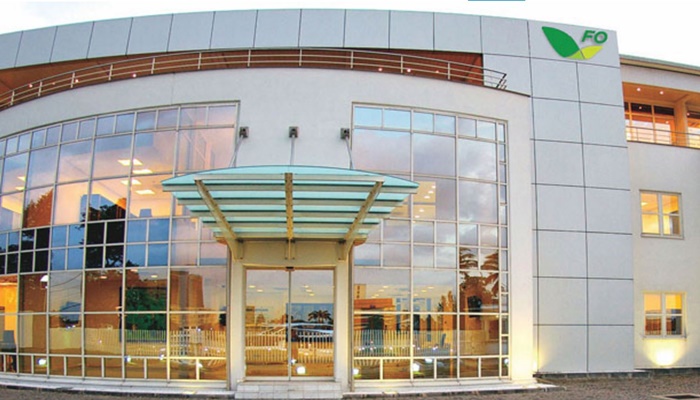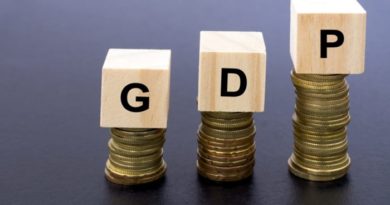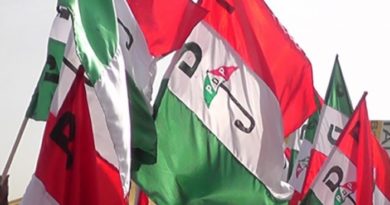Forte Oil eyes N20bn share sale
Nigeria’s Forte Oil plans a 20 billion naira ($66m) share sale to institutional and high net worth investors and has applied for regulatory approval, it said on Monday.
The energy firm said the capital raising will be done as a public offer for shares through a book building process to help price discovery. It has applied to the Securities and Exchange Commission (SEC) and Nigerian Stock Exchange for approval.
Forte said its core investor, Zenon Petroleum and Gas Limited, owned by billionaire Femi Otedola, with a total stake of 78.08 percent in the company, will not participate in the offer, it said in an email to Reuters.
Nigerian companies are going through a tough time brought on by low oil prices which tipped the economy into a recession, depleted the country’s foreign reserves, weakened the currency and caused chronic dollar shortages, frustrating businesses.
Several firms including Guinness Nigeria, reported losses last year due to the weak economy, and are set to raise funds from existing shareholders.
In 2016, Forte posted a 24 percent fall in pretax profit, which knocked it shares down 74.4 percent.
This year, the shares have fallen 34.2 percent, giving it a market value of 68.8 billion naira ($226 mln). It ended 4.98 percent down to 52.81 naira on Monday, underperforming the main index which gained 0.96 percent.
On Monday Forte said it was on track to achieve its target for 2017 and that based on its performance so far it could payout half of its earnings as dividend.
It said its fuel distribution and power business accounted for 95 percent of its operating profit and that it hoped to announce its half-year audited account before July 31.
“The outlook remains positive on the back of the renewed peace in the Niger Delta … while the passing of the (oil industry governance bill) by the Senate is another positive,” it said.
Last year the energy firm planned to raise 100 billion naira in debt or equity for expansion. It later sold 9 billion naira in five-year bonds.
Nigeria’s IPO market has dried up for almost a decade following a stock market crisis with regulators struggling to revive it. In March, the SEC proposed to cut listing fees to attract issuers.
Last year, stocks shed 40 percent in dollar terms after the naira fell by a third due to central bank’s currency curbs. This year, stocks have recovered after the bank in April allowed investors to trade the naira at market rates. But IPOs are yet to resume.




